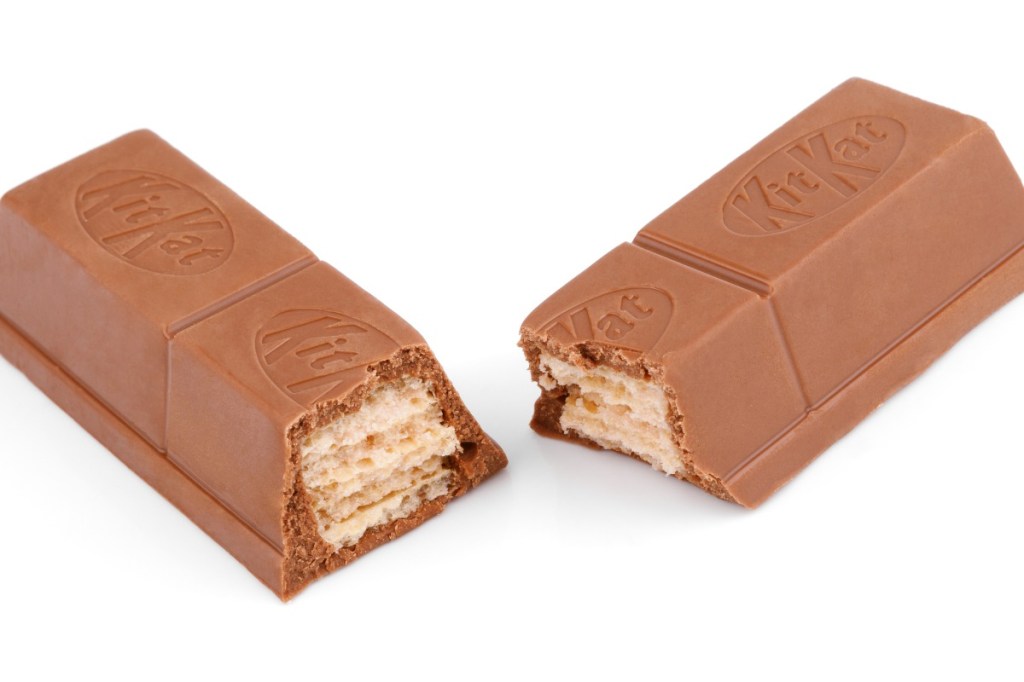KitKat has partnered with global climate change and sustainability consultancy, The Carbon Trust, and pledged to become carbon neutral by 2025.
The Carbon Trust is working on measuring KitKat’s current carbon footprint, to be completed later this year. KitKat’s pledge will see the brand globally aiming to reduce emissions generated through ingredient sourcing, manufacturing, and distribution by more than 50 per cent.
As most emissions occur when producing KitKat’s ingredients like cocoa and milk, the brand’s efforts to restore forests and support a transition to regenerative agriculture will aim to reduce these emissions as much as possible.
KitKat will invest in high quality offsetting based on natural climate solutions for any emissions that cannot be eliminated.
Deforestation is one of the main global drivers of carbon emissions in the agricultural supply chain. Nestlé has used a variety of tools over the last 10 years, including ingredient certification, supply chain mapping and satellite imagery to achieve its no-deforestation commitment.
Nestlé is also focusing on forest conservation and restoration, including working to help protect and restore forests in its cocoa supply chain as outlined in its 2019 action plan.
Earlier this month, Nestlé joined forces with others to launch the Rimba Collective, an initiative which supports protecting and restoring more than 500,000 hectares of tropical forest landscapes in Southeast Asia where the company sources its ingredients.
KitKat will expand its work with cocoa, palm oil, cereals, sugar, and dairy farmers to implement regenerative practices. Farming methods such as reducing synthetic inputs, better management of soils and tree planting can help draw down carbon from the atmosphere, enhance biodiversity and boost on-farm productivity. To support this, KitKat will help farmers plant five million shade trees where it sources its cocoa by 2025.
The brand is working to improve the environmental footprint of its factories. It has already reduced the energy required to produce KitKat by more than 40 per cent per tonne of product since 2000.
Nestlé is using renewable electricity at an increasing number of manufacturing sites and will use 100 per cent renewable electricity at all KitKat factories before the end of 2025. In Australia, the KitKat factory in Melbourne is now working toward using 100 per cent renewable electricity, as well as continuing initiatives to reduce its impact by reducing waste to landfill and energy use.
The new KitKat carbon neutral pledge complements the company’s ongoing efforts to reduce its environmental footprint further.
Nestlé is committed to reaching net zero emissions everywhere by no later than 2050 throughout its value chain.

